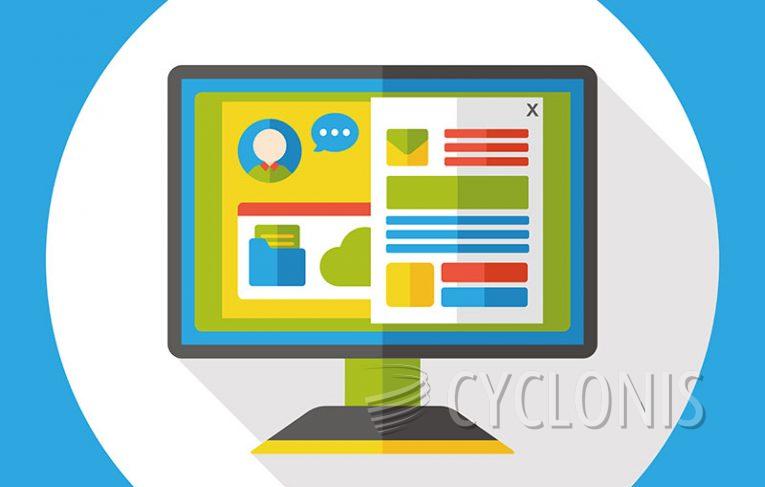FilterAdmin Adware

While examining new file samples, our researchers came across the FilterAdmin application. Upon investigation, it was determined that FilterAdmin is a type of adware associated with the AdLoad malware family. This application is designed to conduct intrusive advertisement campaigns and may possess other harmful functionalities.
Adware, short for advertising-supported software, aims to generate revenue for developers by displaying unwanted and potentially malicious advertisements. These third-party graphical elements, including pop-ups, overlays, banners, and coupons, can appear on various interfaces.
The advertisements primarily promote online scams, unreliable or hazardous software, and malware. Clicking on some of these ads may trigger scripts that initiate stealthy downloads or installations.
It's important to note that while legitimate products or services may be advertised, they are unlikely to be endorsed by their developers or other official parties. Scammers often abuse affiliate programs associated with the content to earn illegitimate commissions.
Software falling into this category may require specific conditions to operate as intended, such as a compatible browser or system, visits to particular websites, etc. However, even if FilterAdmin does not display advertisements, its presence on a system poses a threat to device integrity and user safety.
Although browser-hijacking functionalities are commonly observed in AdLoad apps, we did not identify these characteristics during our investigation of FilterAdmin.
Typically, adware possesses data-tracking capabilities, and this is likely true for the FilterAdmin application. The collected information may include browsing and search engine histories, internet cookies, usernames/passwords, personally identifiable details, credit card numbers, etc. This data can then be sold to third parties or exploited for profit.
How Can Adware Enter Your Browser or Computer?
Adware can enter your browser or computer through various methods, often employing deceptive tactics to infiltrate systems. Here are common ways adware gains access:
Bundled Software:
Adware is frequently bundled with seemingly legitimate software or applications that users download and install. It may come bundled with free software, games, or utility programs. Users may unintentionally install adware if they don't carefully review the installation process and opt-out of additional components.
Deceptive Websites:
Visiting malicious or deceptive websites, especially those hosting pirated content, adult material, or offering free downloads, can expose users to adware. Some websites employ drive-by downloads, automatically installing adware without user consent.
Clicking on Ads or Pop-ups:
Clicking on suspicious ads, pop-ups, or banners, especially those claiming to offer free software or updates, can lead to the download and installation of adware. Scammers often use enticing ads to trick users into installing ad-supported applications.
Phishing Emails:
Adware may be distributed through phishing emails that contain malicious attachments or links. Opening email attachments or clicking on links in phishing emails can lead to the unintentional installation of adware on the user's system.
Freeware and Shareware:
Downloading freeware or shareware from untrustworthy sources may expose users to adware. Some developers include adware in their free applications to generate revenue. Always download software from reputable sources.
Fake Software Updates:
Users may be prompted to download fake software updates or patches that, in reality, are adware installers. These prompts often appear while browsing suspicious websites or through deceptive pop-ups.
Malicious Browser Extensions:
Adware may disguise itself as seemingly harmless browser extensions or add-ons. Users might unknowingly install these extensions, allowing adware to manipulate the browser and display unwanted advertisements.
Social Engineering:
Scammers may use social engineering tactics to trick users into downloading and installing adware. This could involve fake alerts, warnings, or messages that create a sense of urgency, leading users to take actions that result in adware installation.








